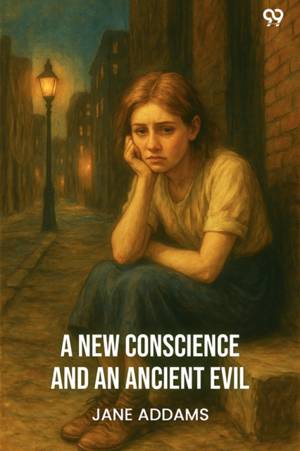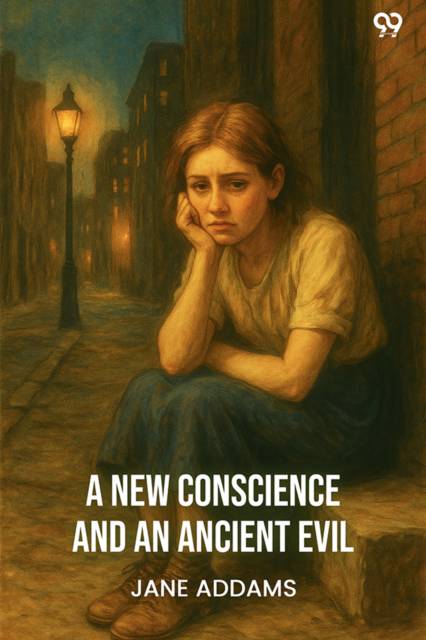
Bedankt voor het vertrouwen het afgelopen jaar! Om jou te bedanken bieden we GRATIS verzending (in België) aan op alles gedurende de hele maand januari.
- Afhalen na 1 uur in een winkel met voorraad
- In januari gratis thuislevering in België
- Ruim aanbod met 7 miljoen producten
Bedankt voor het vertrouwen het afgelopen jaar! Om jou te bedanken bieden we GRATIS verzending (in België) aan op alles gedurende de hele maand januari.
- Afhalen na 1 uur in een winkel met voorraad
- In januari gratis thuislevering in België
- Ruim aanbod met 7 miljoen producten
Zoeken
Omschrijving
A new conscience and an ancient evil investigates the moral obligation of society to confront institutionalized exploitation, particularly the dangers faced by young women in urban environments. It links modern indifference to historical atrocities, insisting that failure to act against systemic abuse is a moral failure comparable to the complacency that once surrounded slavery. The work calls for collective awareness rooted in ethical responsibility, arguing that social progress depends on emotional and civic engagement. The writing emphasizes how environments shaped by inequality and neglect can enable predatory practices and erode community standards. Rather than framing the issue as individual weakness, the analysis targets structural neglect and societal complicity. The author appeals to the reader s sense of justice, using both personal experience and broader observation to outline the urgent need for reform. Through vivid observation and historical analogy, the text positions moral awakening as a necessary catalyst for social intervention. This work encourages institutional responsibility, empathetic policy, and a reevaluation of cultural norms that tolerate or obscure persistent harm. Ultimately, it is a call to conscience, urging the creation of a society that actively protects rather than abandons its most vulnerable members.
Specificaties
Betrokkenen
- Auteur(s):
- Uitgeverij:
Inhoud
- Aantal bladzijden:
- 96
- Taal:
- Engels
Eigenschappen
- Productcode (EAN):
- 9789371468923
- Verschijningsdatum:
- 1/06/2025
- Uitvoering:
- Paperback
- Formaat:
- Trade paperback (VS)
- Afmetingen:
- 140 mm x 216 mm
- Gewicht:
- 122 g

Alleen bij Standaard Boekhandel
+ 41 punten op je klantenkaart van Standaard Boekhandel
Beoordelingen
We publiceren alleen reviews die voldoen aan de voorwaarden voor reviews. Bekijk onze voorwaarden voor reviews.









